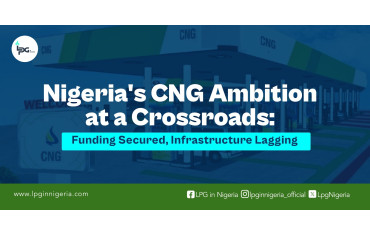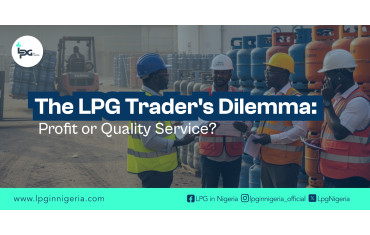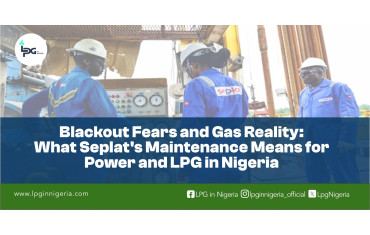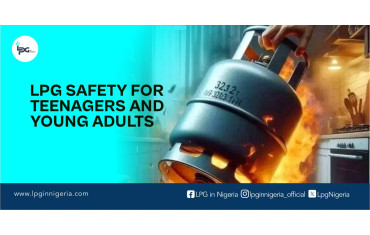- 3455
- 0
Sharing Ideas and Updates on LPG in Nigeria and related information to enable effective collaboration within the LPG Value Chain
The Impact Of The End Bad Governance Protest On LPG Business Owners In Nigeria

The ongoing #EndBadGovernanceInNigeria protest has sparked significant conversations and raised awareness about governance issues in the country. Beyond the socio-political implications, the protest has also affected various sectors, including the Liquefied Petroleum Gas (LPG) industry. This blog post explores how LPG business owners in Nigeria are being impacted by the protest, with a focus on inflation and shifting customer preferences.
One of the primary concerns highlighted during the protest is the rising inflation rate in Nigeria. This economic challenge has a direct impact on the LPG sector in several ways. Increased operational costs are a major issue; as noted by Òdúbélà Abiólá Paul on our Facebook page, the cost of transporting LPG has increased, and this additional expense is often passed on to consumers, raising the overall price of LPG. As a result, LPG businesses are forced to adjust their prices frequently to keep up with inflation, making it harder for them to maintain a stable customer base. There were reports of attacks on LPG truck drivers at Agbor, trucks had loaded LPG and were on their way to deliver product when they were stopped by protesters. Furthermore, the decreased consumer purchasing power has led to customers increasingly turning to cheaper alternatives such as firewood, charcoal, kerosene, and electric cookers. This shift is evident from the comments on our social media pages, where customers express their preference for these alternatives.
The economic strain has led to noticeable changes in consumer behaviour. With a growing number of consumers switching to cheaper alternatives, LPG businesses are experiencing a decline in sales, which directly impacts their revenue and makes it challenging to sustain their operations. The logistical challenges faced by LPG suppliers are another consequence of the protest. Transportation remains a critical concern, as indicated by Kalu Daniel’s inquiry about vehicle haulages. The disruption caused by the protest can hinder the smooth supply of LPG, leading to delays and increased costs. Despite these challenges, some see an opportunity in the haulage business; Kalu Daniel’s interest in entering this sector suggests that, with the right investment, there could be potential for growth, albeit in a volatile market.
To mitigate the adverse effects of the protest and inflation on the LPG industry, business owners can consider several strategies. Efficient cost management practices can help LPG businesses navigate rising operational expenses by optimizing supply chains and reducing wastage. Educating customers about the long-term benefits and safety of using LPG compared to alternatives can help retain their loyalty, and highlighting the environmental advantages of LPG over traditional fuels could also be persuasive. Additionally, advocating for government subsidies and support for the LPG sector can help stabilize prices and make LPG more affordable for consumers. Investing in innovative solutions and diversifying product offerings can also help LPG businesses adapt to changing market dynamics and consumer preferences.
The #EndBadGovernanceInNigeria protest has undeniably impacted the LPG industry in Nigeria, bringing to light issues such as inflation, shifting consumer preferences, and supply chain challenges. For LPG business owners, navigating these challenges requires strategic planning, cost management, and customer education. By staying resilient and adaptive, the LPG community can continue to thrive even in the face of socio-political upheavals. For more discussions and to share your experiences, visit our LPG in Nigeria Forum. Join the conversation and be part of a community striving for better governance and a more stable business environment.
















0 Comment.